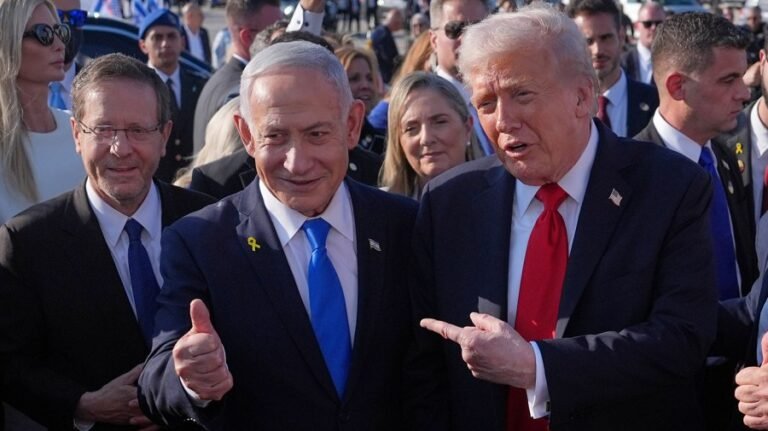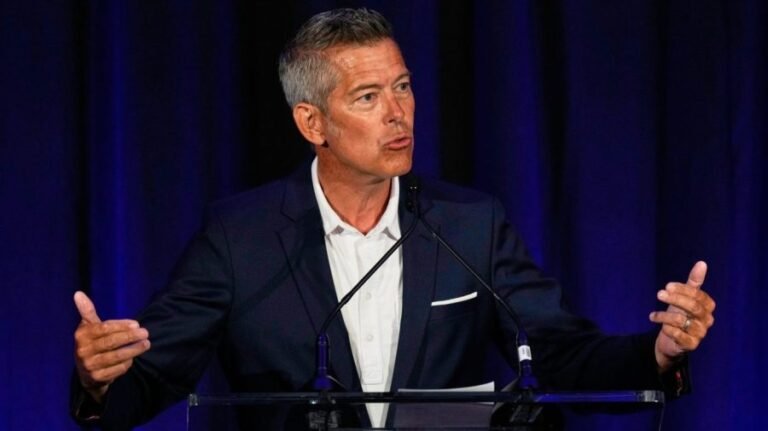
There’s a reason we call higher education “the pursuit of truth” and not “the pursuit of politics.” But lately, it seems like some leaders in Washington want to rewrite that definition.
The Trump administration recently sent nine universities a proposal called the Compact for Academic Excellence in Higher Education. Sounds inspiring, right? But the fine print tells another story. The deal would cap international student enrollment, freeze tuition, restrict gender definitions and — my personal favorite — ban anything that might “belittle” conservative ideas. In exchange, schools would get favorable treatment from the administration.
Translation: Follow our rules, or lose funding.
The Massachusetts Institute of Technology became the first university to say no. And in a time when silence can feel safer than truth, that “no” carries real weight. MIT’s president, Sally Kornbluth, wrote, “Fundamentally, the premise of the document is inconsistent with our core belief that scientific funding should be based on scientific merit alone.”
The White House wasn’t happy. Spokeswoman Liz Huston fired back: “Any university that refuses this once-in-a-lifetime opportunity to transform higher education isn’t serving its students or their parents — they’re bowing to radical, left-wing bureaucrats.”
But that line — like much of the Trump administration’s rhetoric on education — misses the point. The best science, the best research, the best learning happens when ideas are challenged, not censored.
The compact was sent to eight other schools — including Brown, Penn, Dartmouth, Vanderbilt, the University of Virginia, USC, the University of Arizona and the University of Texas. And so far, only one of them — Texas — seems enthusiastic. Its board chair called the selection an “honor.” The rest? Mostly cautious statements or quiet resistance. Because they see the bigger picture: Trump’s emerging mafia state, in which there’s no guarantee that those bending the knee won’t be bullied again.
Faculty groups and free speech advocates have been louder. Todd Wolfson, president of the American Association of University Professors, called the compact what it is: “a loyalty oath.” He said, “The ability to teach and study freely is the bedrock of American higher education. We applaud M.I.T. for standing up for academic freedom and institutional autonomy rejecting Trump’s ‘loyalty oath’ compact.”
And he’s right. This isn’t just a policy debate — it’s a test of principle. Once you let politics decide which students get in, which research gets funded, and which ideas are “acceptable,” you’ve already lost the essence of higher education.
Yes, universities have their flaws. They can be elitist, slow to change, and sometimes tone-deaf to the real world. But the fix isn’t political oversight, it’s accountability from within. Colleges can modernize by making education more affordable, increasing access for first-generation and low-income students, investing in trade and tech programs that reflect today’s job market, and listening to the communities they serve. The answer isn’t to burn the house down — it’s to rebuild it with openness, innovation and honesty, not Trump’s ideology.
MIT’s refusal reminds us that freedom in education isn’t just a privilege, it’s a responsibility. Because once you start teaching loyalty instead of critical thinking, you stop creating scholars and start creating followers.
And that’s not the America we signed up for.
Lindsey Granger is a News Nation contributor and co-host of The Hill’s commentary show “Rising.” This column is an edited transcription of her on-air commentary.


